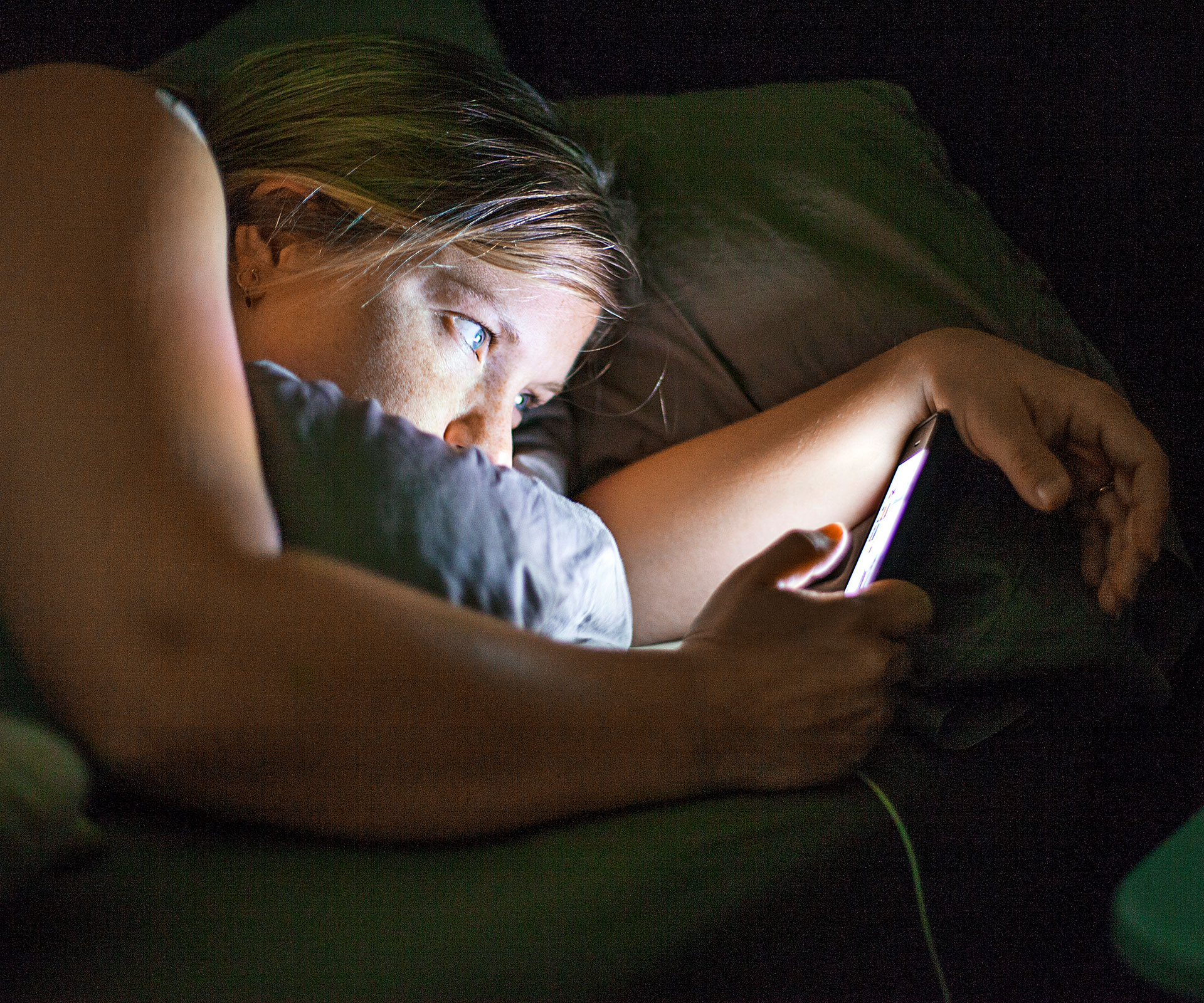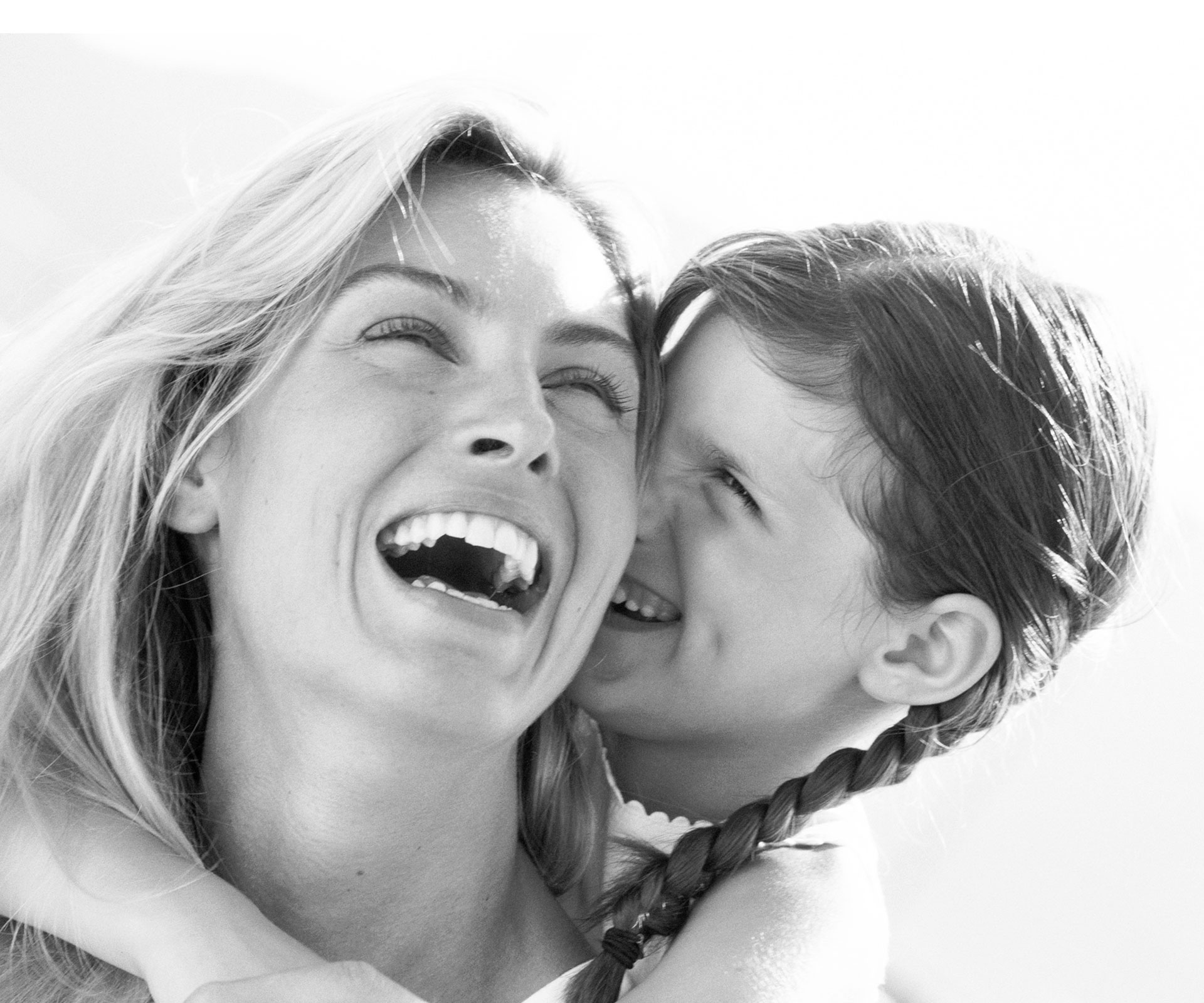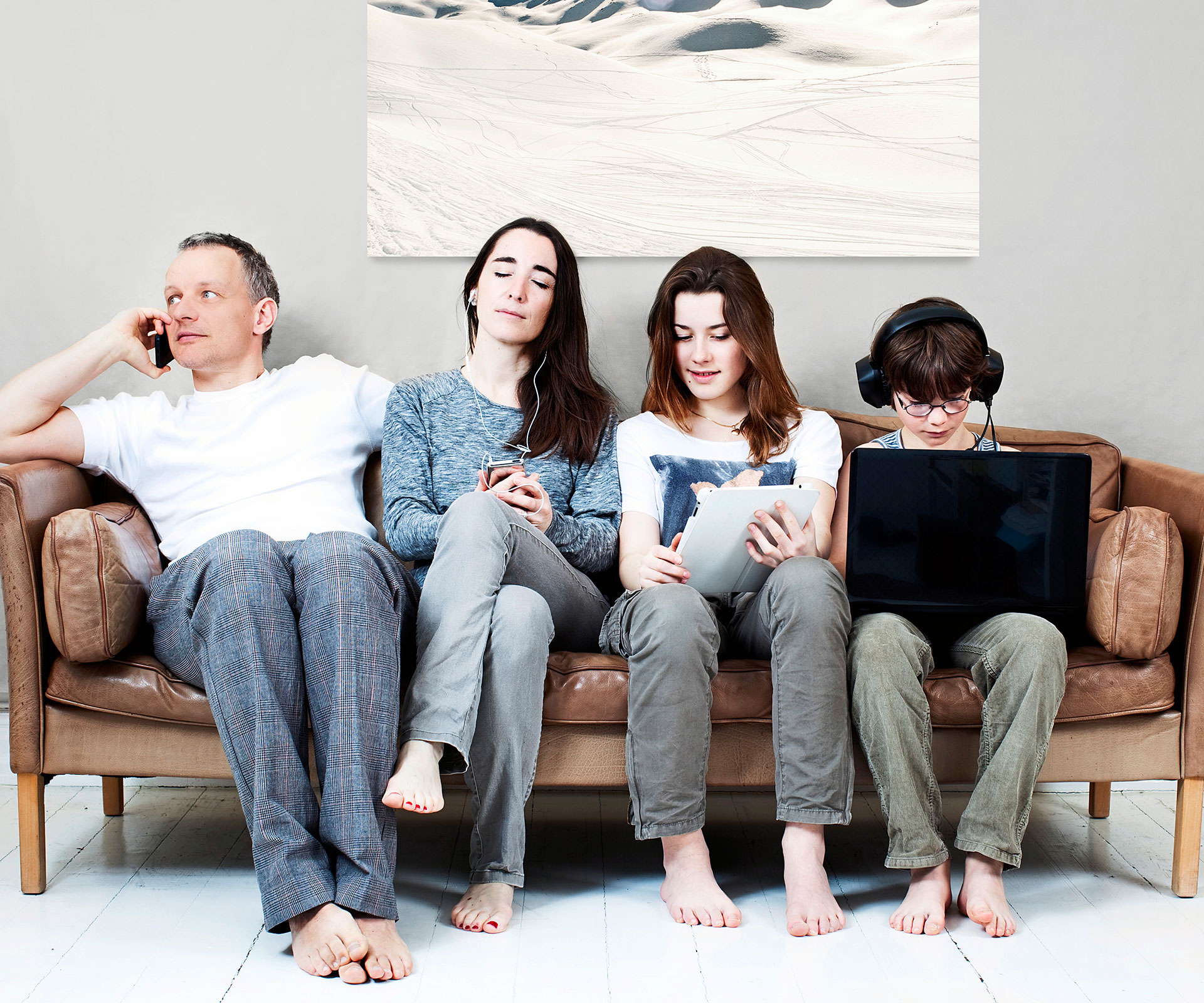On a Sunday afternoon, in a Melbourne yoga studio, about 30 strangers come together once a month to cuddle. Participants are encouraged to make ‘spooning trains’, ‘puppy piles’, even ‘human lasagne’, but it’s all strictly non-sexual. It may sound bizarre, but Kiwis have copied the trend too, and similar gatherings have been held in Wellington and Christchurch.
Born 11 years ago in a tiny Manhattan apartment and now in 17 countries, the ‘Cuddle Party’ is just a novel, albeit out-there, way to feel a little less isolated. “People just want to connect,” says facilitator Marus Wegrzyn, “to alleviate the loneliness.”
In the US, there are even huggers for hire. Professional cuddler Samantha Hess says she gives men and women aged 20 to 77 a place “to feel respected, accepted and worthy for exactly who they are” – for a fee, of course. The 31-year-old former personal trainer charges $1 a minute for up to five hours of fully clothed, platonic cuddling, “to give you the feeling that you are not alone and that the world is a good place”. She has opened a studio in Portland, hired three fellow cuddlers, and business is booming.
It’s a sad sign of the times – and evidence, yet again, that we are lonelier than ever. In the recent New Zealand General Social Survey, 31 per cent of Kiwis reported feeling lonely within the past month. Researchers were surprised to find loneliness was most common in younger generations, with almost one in five of those aged under 30 saying they felt isolated at times. Women reported feeling lonelier than men, and solo parents and unemployed people were also prone to feeling alone. Across the Tasman, the stats aren’t much better.
According to a 2012 Australia Institute report, one in three people suffers bouts of loneliness, and recent research by the Brotherhood of St Laurence welfare organisation has found one in four lacks social support. The Brotherhood’s Farah Farouque points to the pressures on modern families. “Where is the time to make friends,” she asks, “or to volunteer at the local cricket club?”
Mother Teresa labelled loneliness “the greatest disease in the West today” and Reverend Graham Long, who has done extensive work with the homeless, calls it “the problem of our age” – a consequence of naturally social beings living in a “lonely, separate, privatised” world. “We used to live in a society, and now we live in an economy,” he says. “Once we were citizens, and now we’re consumers.”
We can’t seem to help ourselves: we long for a stronger sense of community and yet we prize individualism. We say, “Hi, how are you?” at the school gate without waiting for an answer; we choose the self-serve register instead of chatting to the cashier; we build McMansions in the outer suburbs and commute by car without speaking to a soul.
Social researcher Hugh Mackay, author of The Art of Belonging, says, “Loneliness is the ‘global warming’ of demographics – we saw it coming, we know what the causes are, but it’s very hard to counteract.”
Marriage breakdowns and smaller families have changed the nature of our neighbourhoods, says Hugh, and the single biggest factor is the shrinking household. One in four homes houses only one person and by 2030 it’s expected that single-person households will account for one in three. Of course, living alone doesn’t necessarily mean you’re lonely – but it does double your risk.
Technology is also to blame.
For all its rhetoric about connecting us, it appears to have only made it easier to stay apart. With everyone so busy, a quick text seems to have replaced a chinwag on the phone. And social media often just seems like a platform for people to market themselves, a place where they can formulate witty ‘off-the-cuff’ Twitter comments and use Instagram filters to exaggerate their retro cool.
All the artifice is exhausting and can make an authentic relationship seem out of reach. “That’s why people feel lonely, because they feel they have to be something they’re not,” says Cuddle Party’s Marus Wegrzyn.
Yet many seek solace in technology. “They’re using it to self-medicate,” says Dr Anna-Marie Taylor, who has been a clinical psychologist for the past 30 years. “It gives them an illusion of interaction. Healthy adults enjoy their own company, but a lot of people are afraid of being alone because all these things that are bottled up start emerging and people don’t have the tools to handle their emotions.”
Almost all her clients tell her they are lonely. “It’s a deep ache and it’s very frightening,” she says – but the stigma means no one wants to admit it outside her office.
“People put on a good front,” says Dr Taylor. “They think, ‘I’ve got lots of friends – I can’t be lonely.’ That’s so not true. Just being with people physically does not ease the loneliness.”
A fast-paced, more isolated world helps fuel the alienation, but loneliness has always been around and everyone has a different threshold, depending on how well they’ve been parented, says Dr Taylor. “Often people fear they’re alone because they’re just not good enough,” she says Social worker Carolyn McAlister has met hundreds of lonely people and has noticed they often turn on themselves. “They think, ‘If I’m lonely I must be a loser, I must be unlikeable,’” says Carolyn. “But there’s just no opportunity for them to connect to people. Some almost try too hard and it can be overwhelming for other people.”
Loneliness, which she describes as “a sense of abandonment and emptiness”, can strike anyone, especially if they are disabled, divorced or a full-time carer, and if they have moved around a lot, they may not have formed lasting friendships. Carolyn often sees older people who have left their hometowns, and all their community connections, to be closer to their adult children; she helps others who have lost their spouses and feel excluded by their couple friends. One woman told Carolyn, “I think they saw their own future in me and stopped calling.”

Is technology to blame for our loneliness?
Thought to be more dangerous than obesity, loneliness can be lethal, making us more susceptible to depression, heart disease and dementia. “Health can go downhill quickly,” says Carolyn. “If they don’t feel cared about, they stop caring about themselves, so they think ‘It really doesn’t matter if I get up today’ or ‘I’m alone, so I’ll just eat cheese and crackers’.”
Everyone needs a purpose, so Carolyn quizzes her clients to discover what gives them joy. She recalls one woman in her early 80s, a former primary school teacher, who was always in pain with arthritis and rarely left the house. But her face lit up when she talked about working with children, so Carolyn arranged for her to help with reading at the local primary school. She soon became ‘Nana Kate’ and guest of honour at the school’s Christmas concerts.
The elderly are particularly vulnerable. Determined to cling to the vestiges of their independence, they often opt for loneliness in their own home over company in aged care.
The young and cashed-up may be able to afford distractions, but they are not immune either. Graham Long, who works with street people in Sydney’s Kings Cross, sees just as much loneliness in affluent neighbouring suburb, Potts Point. “We have 800 active volunteers,” he says, “and what we do for them is every bit as transformational as what we do for the rough sleepers – because we’re creating community, without any ‘us’ and ‘them’.”
The good news is that loneliness can evaporate. “It can go suddenly because somebody feels important to somebody else,” says Carolyn. “It’s that feeling of closeness, that somebody gets who you are.” She remembers one client who was in his mid-50s and had a brain injury. The man lived alone, without any family or friends. He had a speech impediment, but loved singing, so Carolyn got him into a local music group. Slowly his speech improved, mostly because he was using his voice instead of staying at home in silence.
One day, he was sick and couldn’t make it to singing practice. To his delight, one of the other singers tracked down his number and called him to see how he was. That, he told Carolyn, was the moment the loneliness lifted. “He said, ‘I feel like I belong now – because somebody missed me.’”
How to beat loneliness
Get involved in your community by trying a new hobby or joining a club or adult education class.
Volunteering gets you out of the house and gives you the chance to give back to the community and meet people. Visit volunteeringnz.org.nz
Get a pet.
Start a conversation with a stranger on the bus, in a café, at the supermarket.
Reconnect with family and friends. Do it by phone or email if they don’t live nearby.
Exercise, eat well and get enough sleep. Limit your alcohol intake because it can make you feel worse.
Seek support from your GP or talk to a counsellor.
Words by Susan Horsburgh
Photos by Alamy and Gallery Stock/Snapper Media.


